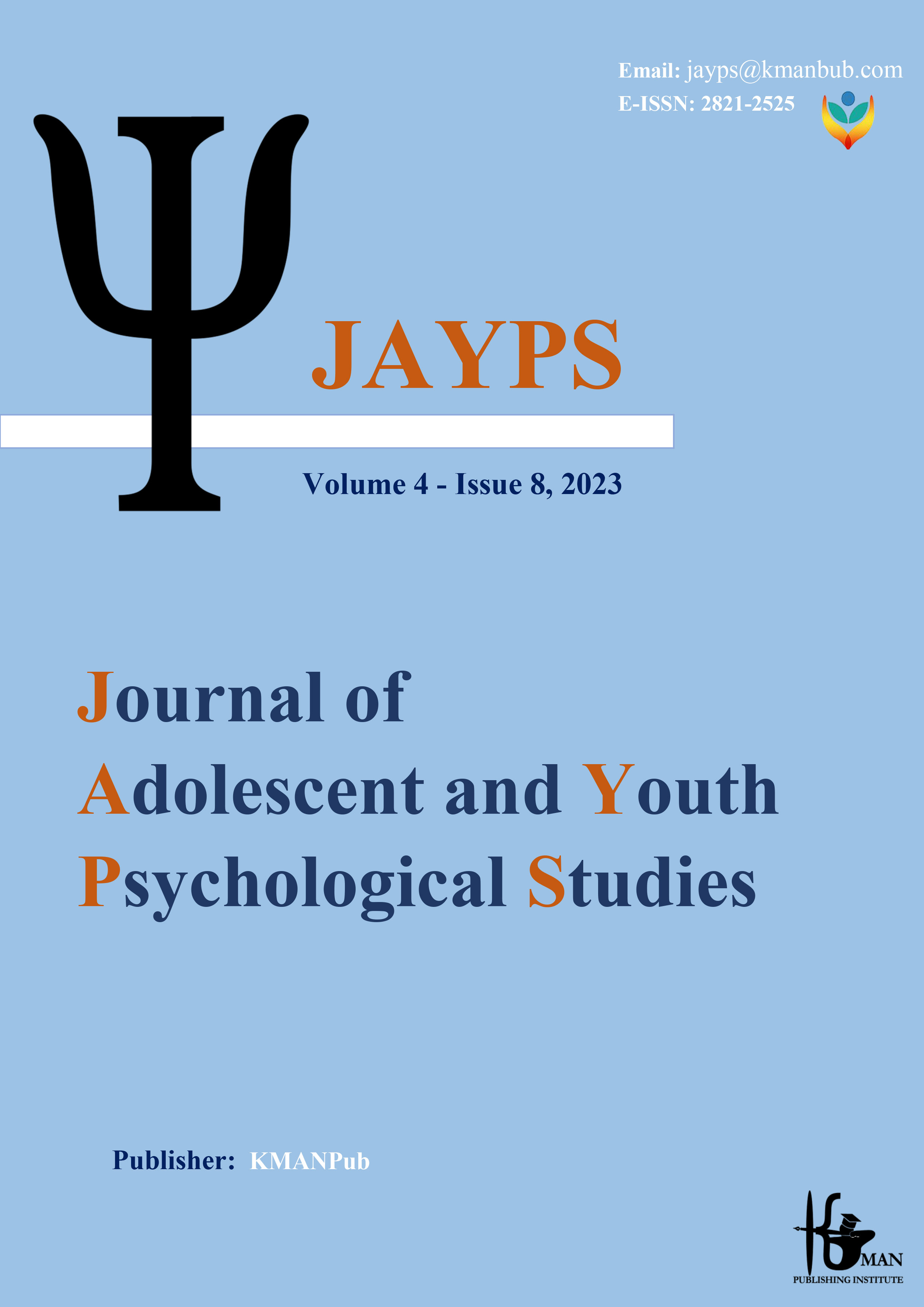Assessing the Prevalence of Mental Disorders and its Relationship with Resilience Among ISIS Prisoners in Iraq
Keywords:
mental disorders, resilience, ISIS prisoners of war.Abstract
Background and Aim: Despite the high prevalence of mental disorders in these people and the important role of resilience in mental health, resilience in prisoners has not received much attention. The present study was conducted with the aim of evaluating the prevalence of mental disorders and its relationship with resilience among ISIS prisoners of war in Iraq between 2014- 2021. Methods: This research was conducted using the SCL questionnaire and Connor and Davidson's resilience. The statistical population of this research is based on the official statistics of the Iraqi Ministry of Migrants and Displaced Persons Affairs and there are 465 thousand people, after making the necessary coordination with the officials of the POW camps among 383 people (based on the Cochran formula) questionnaires were distributed by random sampling method. became Pearson's correlation coefficient was used to analyze the data. Results: The findings of the present study showed that the participants in the study suffered from significant mental disorders on average, and all dimensions of the morbid symptoms index were reported at the level of significant mental disorders. Also, based on the results of people's resilience, it was also reported at an unfavorable level. Resilience dimensions include perception of individual competence, trust in individual differences, tolerance of negative emotions, positive acceptance of change and secure relationships, and spiritual influences at an unfavorable level and control at a relatively favorable level. Conclusion: The results of this research indicated that resilience can predict the index variable of morbid symptoms in an inverse way. In this study, it was observed that people who had less resilience are more prone to mental disorders.
Downloads
Downloads
Published
Submitted
Revised
Accepted
Issue
Section
License

This work is licensed under a Creative Commons Attribution-NonCommercial 4.0 International License.









